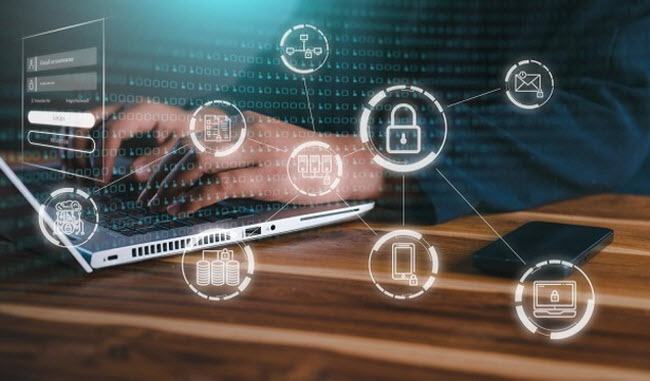In recent years, the world has witnessed an unprecedented technological boom. Everything in our daily lives can now be managed through a smartphone, equipped with various applications designed to make life easier. While we acknowledge the immense convenience that technology offers, we cannot overlook the hefty price we’ve paid for it: our privacy. Privacy is a fundamental human right enshrined in international agreements, but modern technology often disregards or undermines this right. Personal data, once considered private, is now treated as a commodity, readily accessible to those who provide digital services. This has led to growing concern, as more voices call for the protection of our privacy against these intrusions. In this article, we will explore 10 ways in which technology has eroded our privacy.
1. Biometric Scanners: An Invasion of Identity
Thanks to modern technology, biometric scanners that use fingerprints, facial recognition, or even retina scans have become a common means of identity verification. While convenient, these systems are slowly undermining our privacy by storing sensitive biometric data. Though many policies claim to regulate the use of this data, it is difficult to fully trust these systems. With such widespread usage, particularly in government offices, hotels, and restaurants, biometric data has become a serious privacy threat. Always be cautious when using these scanners, as they might be one of the biggest risks to personal privacy today.
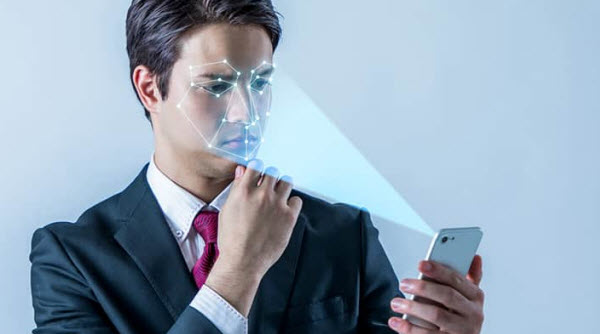
2. Intercepting Phone Calls: A Hidden Listener
In numerous crime dramas, we often see law enforcement agencies intercepting phone calls between suspects, an activity that is legal under certain regulations. However, in reality, such technology can easily be misused. Imagine having a private conversation at home, unaware that a third party is listening in. Many people have lost personal assets due to call interception applications. While mobile phones are a communication necessity, users should be aware of the privacy risks they face when using them.
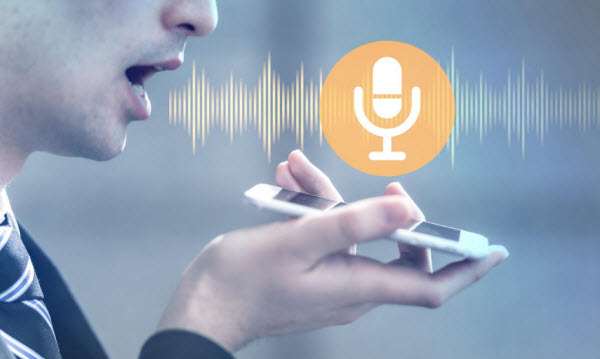
3. The Internet Never Forgets
Many public scandals involving celebrities have shown us how easily personal information can be exposed online. Once uploaded, photos, videos, or voice recordings meant to be private can be spread rapidly, and their removal becomes nearly impossible. The internet’s permanence means that once something is shared, it remains accessible for years, possibly even forever, regardless of the attempts made to delete it. For anyone concerned about their online reputation, this lack of control over personal information is a major issue.
4. Cookies: The Silent Trackers
Have you ever noticed targeted ads or promotional emails after browsing certain websites? These are the result of tracking tools known as cookies. Cookies allow website owners to monitor your online activities, often without your knowledge. When prompted to accept cookies, users are often unaware that this grants permission for the website to track them across the web. This is a common way that our privacy is quietly compromised in the digital world.
5. Video Conferences and Online Meetings: The New Privacy Risk
Zoom and similar video conferencing platforms have become household names, especially after the COVID-19 pandemic pushed millions to work from home. While these applications have revolutionized remote communication, they have also introduced new privacy concerns. Cases of embarrassing or compromising situations being unintentionally broadcast during meetings have become commonplace, making these platforms one of the most significant new threats to personal privacy.
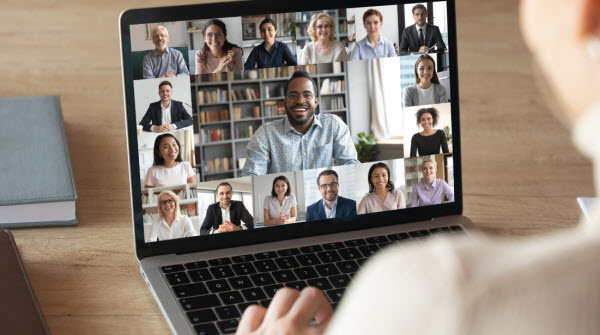
6. GPS Tracking: No Place to Hide
The Global Positioning System (GPS) is widely used for navigation, but it also presents a major privacy concern. While authorities can use GPS to track individuals of interest, malicious actors can also use the technology to follow others without their consent. This makes GPS both a helpful tool and a serious privacy concern, particularly for those who value their personal space and security.
7. ISPs and Unchecked Privileges
Internet Service Providers (ISPs) provide users with access to the internet in exchange for a monthly fee. However, they also have the ability to monitor and control which websites you can access. ISPs can see your IP address and track your online activity, which raises serious privacy concerns. Despite assurances that they do not misuse this data, the fact remains that ISPs have a significant level of control over your internet usage.
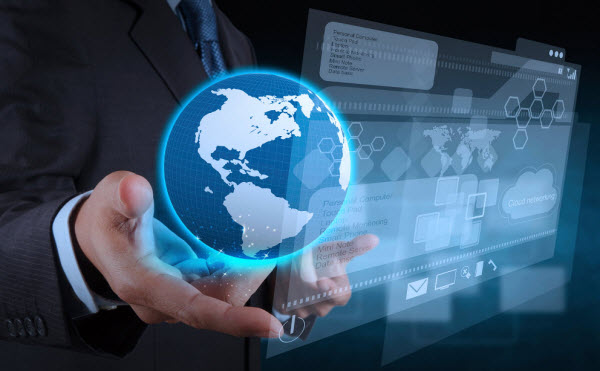
8. Remote Desktop Applications: Sacrificing Privacy for Convenience
Applications like TeamViewer and AnyDesk have proven invaluable during the COVID-19 pandemic, allowing workers to access their office computers from home. However, in using these applications, users inevitably give up a degree of privacy, as remote access allows others to potentially view and control more than just work-related files. This is another instance where convenience comes at the cost of personal privacy.
9. Voice Recording Apps: A Double-Edged Sword
Voice recording applications were originally designed to assist journalists and professionals in capturing interviews and meetings. However, over time, these tools have been misused by individuals with malicious intent. Conversations that were once thought to be private have been recorded and used for blackmail or intimidation, making voice recording apps one of the most dangerous privacy risks in today’s technological landscape.
10. Social Media Tracking: Voluntary Exposure
With over 4.2 billion social media users worldwide, platforms like Facebook allow individuals to share photos, videos, and personal thoughts with friends and the public. However, by doing so, users often overlook how much of their privacy they are sacrificing. The more someone posts, the more vulnerable they become to privacy breaches. Once something is shared on social media, it can never truly be deleted, making social platforms a significant concern for those worried about their privacy.
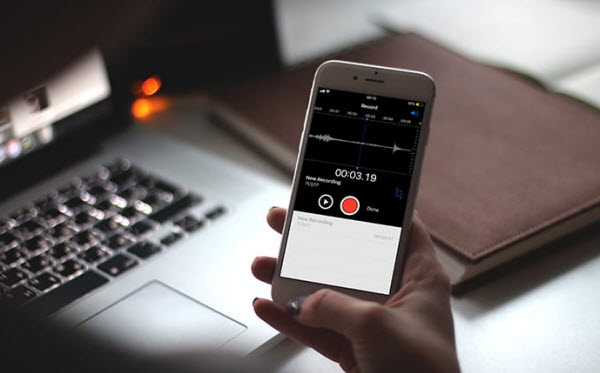
In conclusion, while technology has undeniably improved our lives in countless ways, it has also created serious privacy concerns that cannot be ignored. Whether through biometric scanners, GPS tracking, or social media, our personal information is increasingly being exposed. Protecting our privacy in the digital age requires constant vigilance and an understanding of the risks involved.
